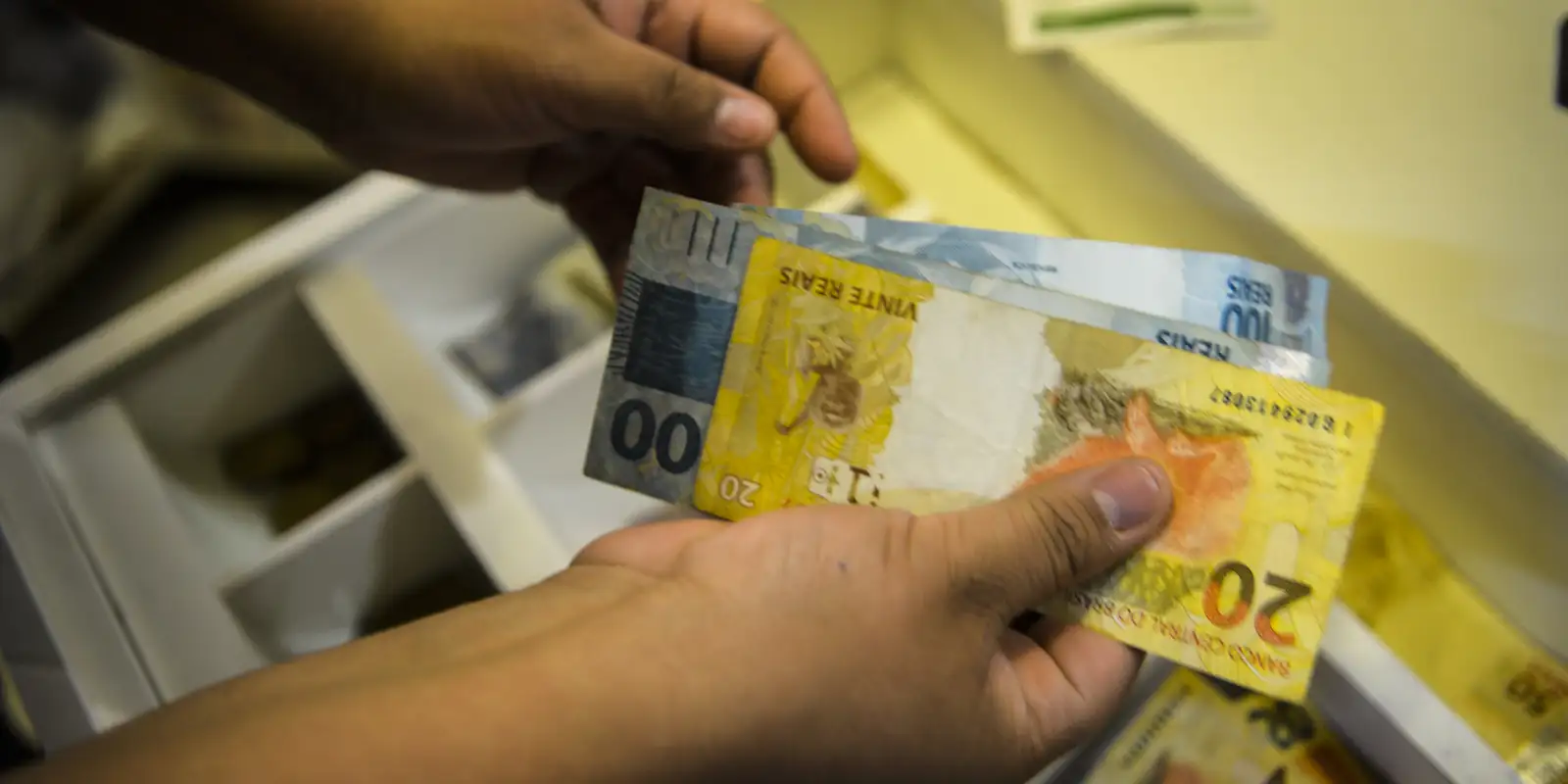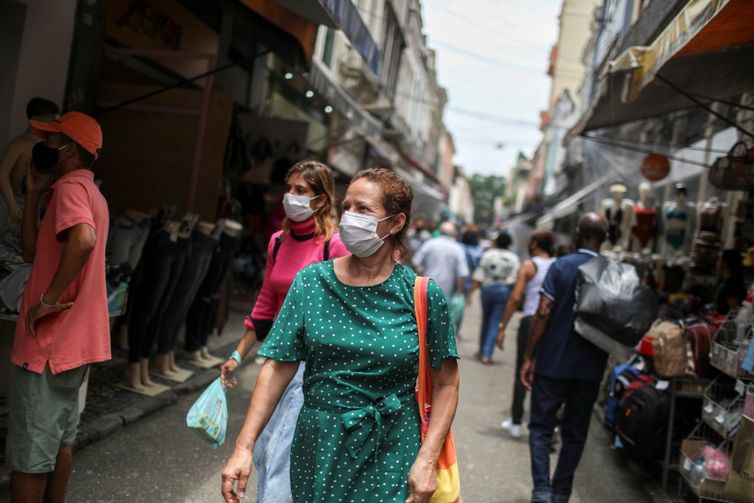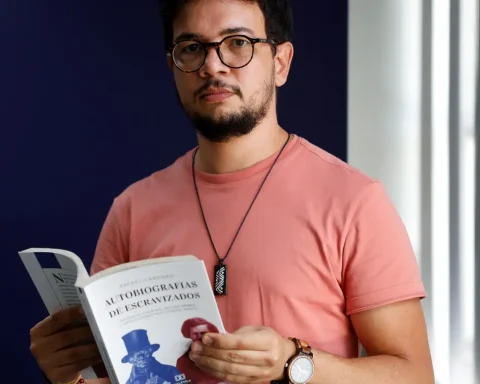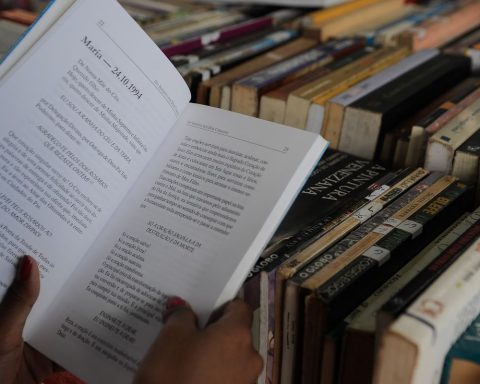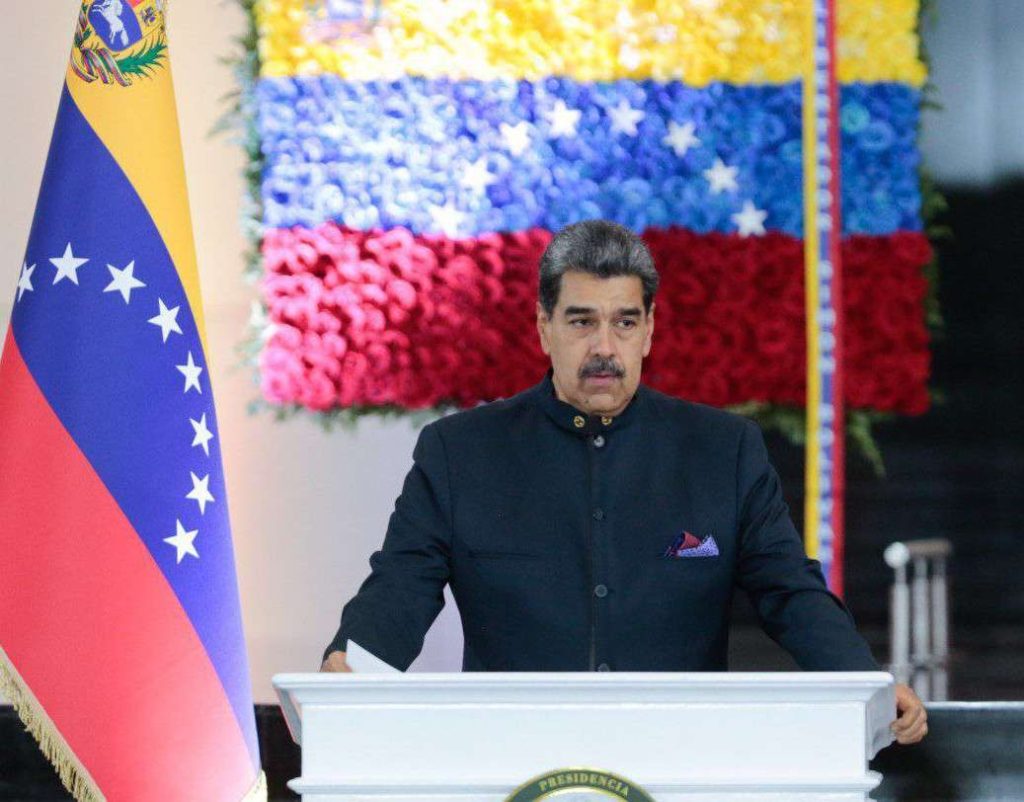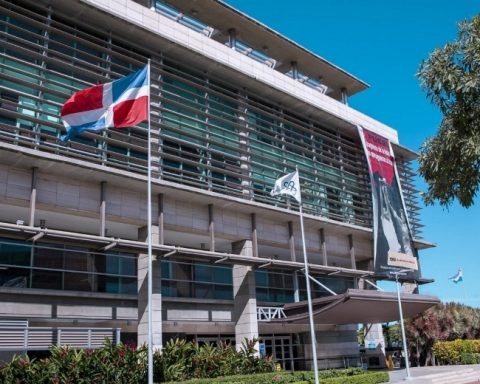Retail stopped earning R$103 billion throughout 2024 as a result of the redirection of resources from families to betsas virtual sports betting and casino platforms became known online. This is according to a study released this Thursday (16), in Rio de Janeiro, by the National Confederation of Commerce in Goods, Services and Tourism (CNC).
The survey, called The Betting Panoramatook into account data made available by the Central Bank. They reveal that Brazilians allocated around R$240 billion to bets in 2024. According to the CNC, the results indicate that bets online they cause debt and addiction and not only affect gamblers but also generate significant socioeconomic impacts for society as a whole.
The performance of bets in Brazil it was authorized by Federal Law 13,756, approved in 2018. Since then, they have grown in the country and have been investing heavily in advertising, including sponsoring football clubs.
The biggest concern highlighted in the CNC study involves casino modalities onlinesuch as, for example, the Little Tiger Game. They are present today in most bets. CNC economists estimate that at least 80% of user payments on these platforms involve spending on some type of online casino. The volume of resources allocated to sports betting would represent a much smaller share.
According to economists involved in the CNC research, Federal Law 13,756 still lacks regulation by the Ministry of Finance. They consider that there is a “regulatory limbo”, whereby sports betting sites were allowed to freely incorporate casinos onlinewhich proliferated without adequate control.
“Furthermore, the absence of regulation has facilitated money laundering and other illicit activities, harming the formal economy. The growing popularity of casinos online has diverted resources that could be spent on other productive sectors, such as retail trade, influencing the entire production chain”, reveals the study.
Debts
According to estimates, last year, around 1.8 million Brazilians fell into default due to bets. The CNC maintains that many people get into debt when they fail to meet their financial commitments to place bets. For the entity, this happens, above all, with the lower-income population.
The study gathers default data and compares two groups. The first – with income between 3 and 5 minimum wages – and the second between 5 and 10 minimum wages. Between November 2023 and November 2024, opposite scenarios were observed. In the first group, the percentage of families with outstanding bills jumped from 26% to 29%.
That of the second group fell 2.6 percentage points, closing at 22%. “High default rates can lead to a reduction in consumption, economic slowdown, increased interest rates and financial instability,” stated the CNC.
Concerns surrounding bets placed by low-income users became the subject of public debate in September last year, following a technical note from the Central Bank. She pointed out that Bolsa Família beneficiaries had spent, in the previous month, R$3 billion on bets. The values involve transfers in the Pix modality made to the platforms.
At the time, the federal government signaled movements to increase control over bets. A fine-tooth comb was announced on betting sites and the blocking of those that were not authorized to operate, as established by Federal Law 13,756. A list released two weeks ago by the federal government brings together the names of 66 companies that could operate in Brazil, 14 with definitive licenses and 52 with provisional authorization and pending issues to be resolved.
But, since the release of the Central Bank’s technical note, there is pressure for Bolsa Família beneficiaries to be prevented from using program resources on bets. online. In decision taken in Novemberthe Federal Supreme Court (STF), ordered the federal government to adopt measures in this regard.
He pointed out the deviation of purpose, considering that Bolsa Família, created in 2003 and considered today the largest income transfer program in Brazil, aims to guarantee food, health and education, conferring dignity and ensuring citizenship of the families served. .
Technical limitations
Last month, the Federal Audit Court (TCU) also demanded a solution. However, the federal government, through the Attorney General’s Office (AGU), informed the STF that there are technical limitations and operational difficulties for compliance with the decision. The case remains under analysis.
On the other hand, efforts by the federal government to regulate the sector resulted in Ordinance No. 1,231/2024, from the Secretariat of Prizes and Bets of the Ministry of Finance.
Launched last year, it created new rules such as the disclosure of information to bettors, the identification of their profiles and the monitoring of behavior to anticipate ways to prevent damage related to pathological gambling.
Limitations were also set for advertising, with, for example, advertisements that represent the bets as a means of enriching or supplementing income.
“To avoid debt, offering credit for betting was prohibited. Companies can accept prepaid payment (debit card), but not postpaid payment (credit card). They will also not be able to offer credit by any means ( directly or through partners) to bettors. The regulation aims to ensure that the player only bets the money he has, avoiding getting into debt”, the ministry announced at the time.
Proposals
In the study released today, the CNC defends the adoption of additional regulatory measures to prevent and reduce the impacts generated on society from the operation of bets. Among them is the establishment of betting limits, the creation of prevention and treatment programs for addicts, the carrying out of public awareness campaigns about the associated risks and the exclusion of modalities that are highly prone to fraud and clandestinity.
The entity also argues that taxes are crucial for the organization and control of the activity and that regulation favors the collection of taxes, which can be directed to finance social, health programs and other areas that contribute to offsetting the damage caused by addiction.
The CNC also reiterated its position in favor of “real casinos”, that is, those where people bet in person. He highlighted, however, the importance of robust regulation, which includes the need for licenses and supervision by government bodies to prevent fraud and money laundering, as well as protecting players against addiction.
According to the entity, while the modality online it compromises family income and impacts retail, casinos that have a physical location generate employment and income where they are regulated. The study also dedicated a chapter to presenting information about the experiences of other countries. Legal and economic aspects of the cases of the United States, China, Singapore, United Kingdom, Malta, France, Italy, Portugal, Germany, Argentina, Peru, Uruguay, Colombia, Bolivia were mentioned.
For Brazil, it was estimated that, with physical casinos, there would be an annual revenue collection of at least R$22 billion in taxes. “Comparatively, according to Federal Revenue estimates, casinos online would have maximum potential to generate R$ 14 billion per year in revenue”, informs the research.
Physical casinos were banned in Brazil in 1946, during the government of Eurico Gaspar Dutra. At the time, it was alleged that gambling was contrary to the moral, legal and religious tradition of the Brazilian people. The decision was taken after campaigns by the Brazilian Lawyers Institute and sectors of the Catholic Church against casinos.
The National Confederation of Brazilian Bishops (CNBB) maintains its position against the release of these establishments. The World Health Organization (WHO) is also critical of measures in this regard and recognizes that gambling addiction can become a public health problem.
